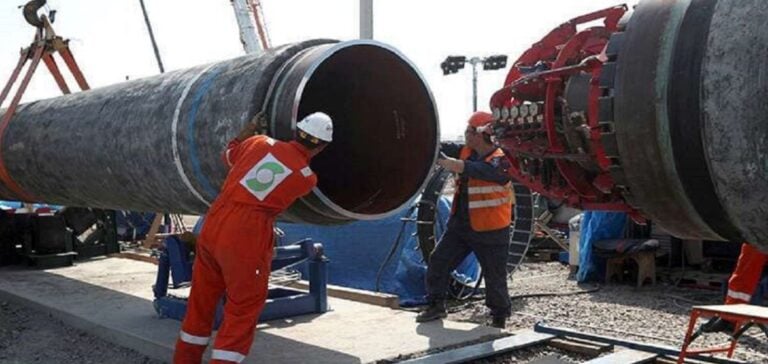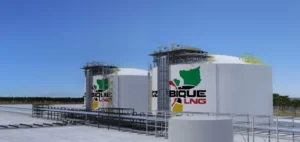The implementation of the Nigeria-Morocco gas pipeline project, estimated at over 6,000 kilometers in length, is reaching a decisive milestone. Morocco, playing a key role in this initiative, announced that tenders for the initial construction phases will start in 2025. This announcement is part of the action plan of the Office National des Hydrocarbures et des Mines (ONHYM).
The initial stages of this large-scale project will focus on Morocco, Mauritania, and Senegal, with particular emphasis on the pipeline section crossing Morocco, a critical area for the project’s viability. This pipeline, connecting Nigeria to Morocco through several West African countries, seeks to leverage Nigeria’s natural gas reserves to meet the growing energy needs of the region and Europe.
Strengthened Regional Collaboration
Recently, the Economic Community of West African States (ECOWAS) collaborated with stakeholders to finalize phase 2 of the technical, economic, and operational studies. These studies are fundamental to ensuring the project’s economic viability and technical feasibility.
The pipeline will pass through numerous West African countries, including The Gambia, Guinea-Bissau, Sierra Leone, Ghana, Guinea, Liberia, Benin, and Côte d’Ivoire. These nations have expressed their support through bilateral agreements signed with Morocco and Nigeria. This collaboration underscores the project’s ambition to foster regional integration while addressing local energy challenges.
A Dual Goal: Africa and Europe
With Africa’s largest proven gas reserves, Nigeria positions itself as a key player in supplying energy to Europe. The Nigeria-Morocco gas pipeline will also diversify energy sources for the countries it traverses, strengthening their energy independence.
Simultaneously, a private company will be established to oversee the construction, operation, and maintenance of the infrastructure. This initiative aims to ensure the sustainability and efficiency of long-term operations.
Outlook for 2025
The budget for this strategic project is estimated at $25 billion. A final investment decision, expected by December this year, will pave the way for this ambitious vision. Agreements on gas transportation are anticipated to be finalized in 2025, marking another step toward the start of construction.
This project represents more than an energy infrastructure: it symbolizes a regional dynamic aiming to strengthen cooperation and economic development in Africa.






















